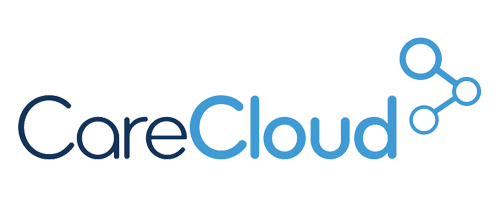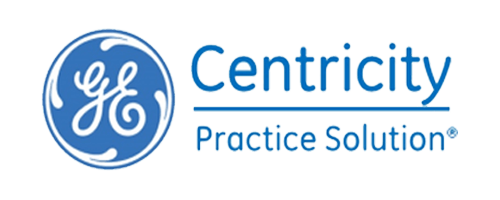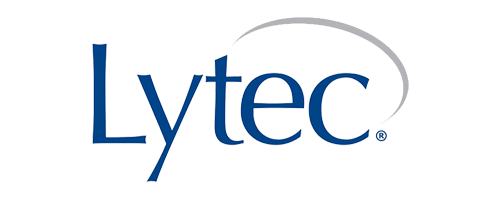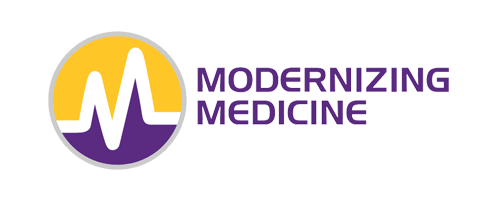Every durable medical equipment (DME) provider will confess the fact that getting reimbursed from Medicare and private insurance companies is the biggest hurdle in their business. This happens because the entire process is time-consuming and labor-intensive, and above all DME providers don’t get reimbursed every single time they file a claim.
It is extremely important to handle inaccurate DME billing attentively. Otherwise, it might lead to lower revenue, and, in worst-case scenarios, it may result in the winding up of your business.
When you consider outsourcing DME billing services to credible medical billing companies like Unify Healthcare Services, it could be a smart way to secure maximum reimbursements.
In this blog, we will get into the intricacies of DME billing, highlight its importance, common challenges faced, and strategies that are helpful to overcome them.
The Critical Role of Accurate DME Billing
There are several reasons why correct DME billing is crucial for healthcare practices. Especially, it ensures financial stability with reimbursements on time. This in turn prevents revenue loss and optimizes a smooth cash flow.
Apart from that, precise billing ensures compliance with healthcare regulations and helps to reduce the chances of audits and legal issues. In addition to that, it enhances operational efficiency and enables medical professionals to focus on patient care instead of being overwhelmed by administrative tasks.
Common Obstacles in DME Billing
DME billing brings various challenges that healthcare providers and billing professionals must tackle to optimize revenue cycle management. In this discussion, we'll get into the most frequent challenges in DME billing.
Complex Demands for Billing and Coding
The main challenge in DME billing is to navigate through the complex billing and coding needs. Accurate identification of equipment, supplies, and services are crucial for ensuring proper billing.
However, the world of DME billing asks for detailed knowledge when we talk about coding. Errors in coding DME items results in claim denials or underpayments. It ultimately affects your healthcare practice's financial health.
To address this problem, it is a need of the hour for the healthcare providers to invest in training for staff involved in billing.
As a DME provider, it is crucial for you to consider updates on changes in compliance requirements. This ensures adherence to standards in the industry. Apart from that, utilizing technology like software and Electronic Health Records (EHRs) improves the efficiency of the entire DME billing process.
No Proper Knowledge of Reimbursement Process in DME
DME providers find it tough to keep up with the ever-changing reimbursement. Every payer has different coverage restrictions and billing practices. When you don’t have complete knowledge of reimbursement procedures, it leads to delayed or denied reimbursements.
To overcome this situation, DME providers should prioritize staying current on changes in reimbursement guidelines and payer policies. Regular training on payer-specific requirements can help ensure accurate billing and increase reimbursement rates.
Proper Denial Handling and Claims Processing
Ineffective management processes of claims may end up in postponed reimbursements and revenue loss. To maximize reimbursement rates, DME suppliers must develop streamlined claims filing, follow-up, and denial-management procedures.
It involves training employees in effective claims processing, utilizing technology for submitting claims and monitoring, and carrying out proactive denial management strategies. By responding to denials quickly and effectively, practices may streamline their revenue cycle and improve financial performance.
Adhering to Changing Rules and Regulations
Compliance with regulations and laws is a prerequisite for DME billing. The regulatory framework for DME medical billing is complex and subject to frequent transformation. Maintaining track of these modifications is vital for avoiding compliance issues and potential monetary penalties. Practices can address this issue by forming a dedicated compliance team or working with outside experts who specialize in medical regulations. Ongoing audits and assessments of the billing system may identify areas of noncompliance, allowing practices to address and fix issues before they worsen.
Proof of Identification and Medical Necessity Requirements
Precise documentation and proof of medical necessity serve as an essential thing for successful DME billing. Claim delays and denials can occur due to missing or improper documentation.
DME providers must set up effective document management systems and educate healthcare professionals on proper documentation procedures. Clear guidelines and protocols should be established to ensure that all required information, such as proof of identification and medical necessity, is obtained and documented correctly. This will help to reduce claim denials as well as interruptions, leading to timely reimbursement.
Restrictions on Technology and Integration Issues
The use of technology proves essential for conquering various challenges in DME billing. Aging or incompatible billing software and equipment can impede the billing process, leading to blunders and ineffectiveness.
DME providers ought to invest in advanced billing systems, electronic health records, and various other technological solutions to streamline processes, reduce errors, and increase overall efficiency. Connecting to technology not only improves billing accuracy but also allows for better interaction with payers, decreasing the probability of claim denials.
The Benefits of Outsourcing DME Billing Process
Reduction in Billing Errors
A medical billing company that concentrates in DME coding and billing recognizes how it works, so it's less inclined to make billing and coding errors which end up in denied or delayed payments.
The billing firm will gather all necessary documentation, which includes the patient's billing and insurance details, pre-authorization from Medicare or the insurance carrier, and a certificate of medical necessity from the patient's doctor, and examine it for reliability, compliance, and medical explanation. If the claim gets denied, they will tackle the reasons for it and resubmit it if needed.
Better Revenue Flow
As previously stated, when there are a few billing errors, it will result in higher earnings for your healthcare practice. With devoted DME billing specialists monitoring your collections and ARs while offering you periodic updates on your DME's financial health, you can more effectively handle your financial affairs and manage a significant cash flow.
Because the billing company manages the entire medical billing process, you can concentrate on expanding your business while offering the best possible care to those who visit you.
Reduction in Overhead Costs
It is quite a challenge to recruit and keep committed medical billing experts. You must invest in training to ensure your in-house billing experts are up to date with all the billing updates. However, what occurs when such billing specialists exit your organization?
Payment operations stop. You lose your precious time until new billing experts join your team and adjust to your billing specifications. In the meantime, many claims may be submitted erratically. This will ultimately end in delayed or lost insurance reimbursements. A medical billing company, like Unify Healthcare Services, offers you access to a team of professionals who are well-updated with the latest medical billing practices and specifications.
Proper Compliance and Data Protection
The majority of DME service providers are uncertain about outsourcing their billing functions due to the risk of jeopardizing billing compliance with various insurance carriers and patient data safety. DME billing specialists stay current with healthcare industry regulations like the Health Insurance Portability and Accountability Act (HIPAA).
Medical billing companies also employ protected medical billing processes, allowing them to protect your firm's and your patients' data at rest and during the journey. Maintaining patient records is especially vital since they contain Social Security numbers, birth dates, and other prone data that can be used to identify fraud and other fraudulent acts.
Until now, you must be quite confident about the fact that outsourcing the billing operations of your DME billing can significantly impact the revenue flow of your healthcare organization. You will require a credible medical billing company like Unify Healthcare Services that has been trusted in providing DME billing services for a long time now.























 1.jpg)




